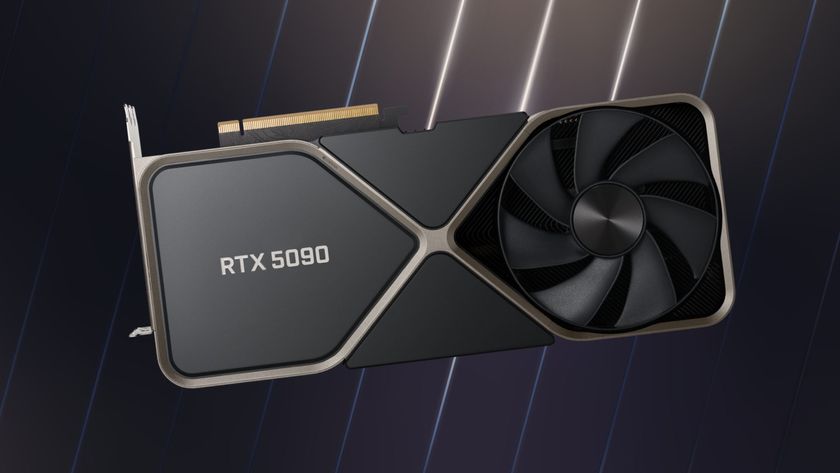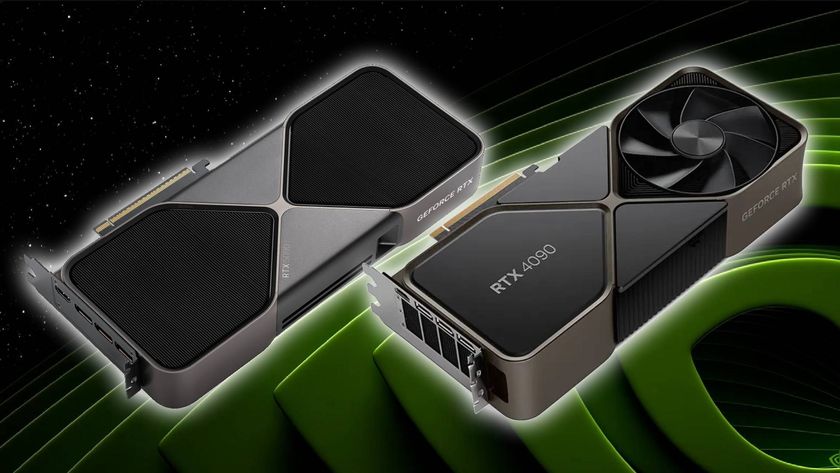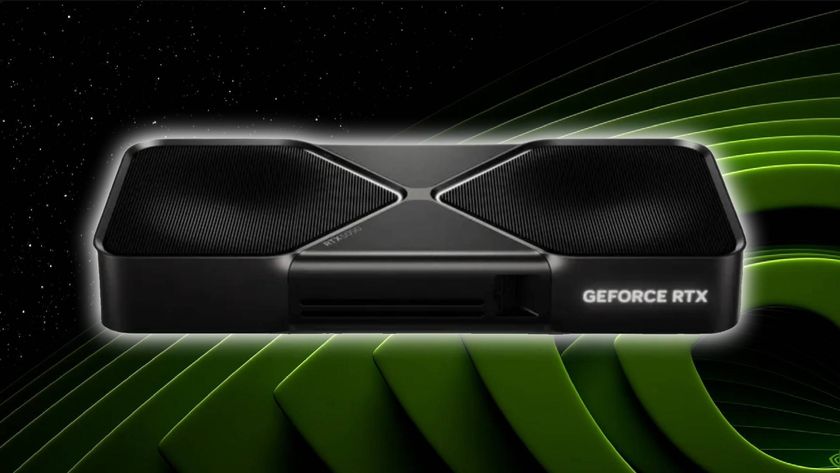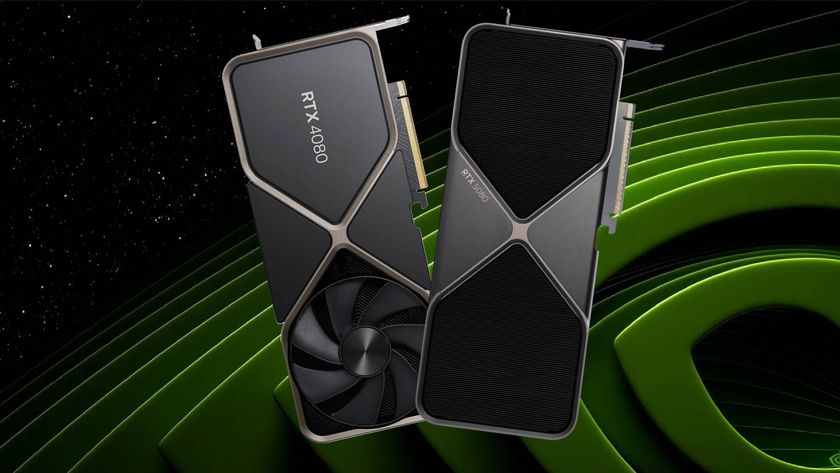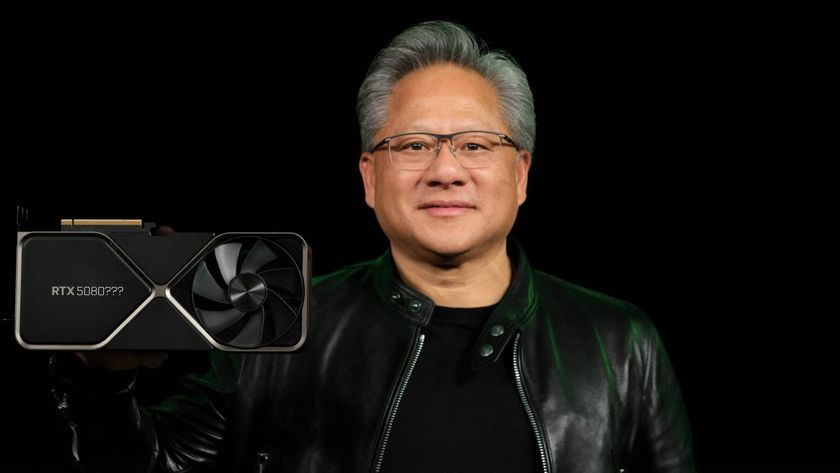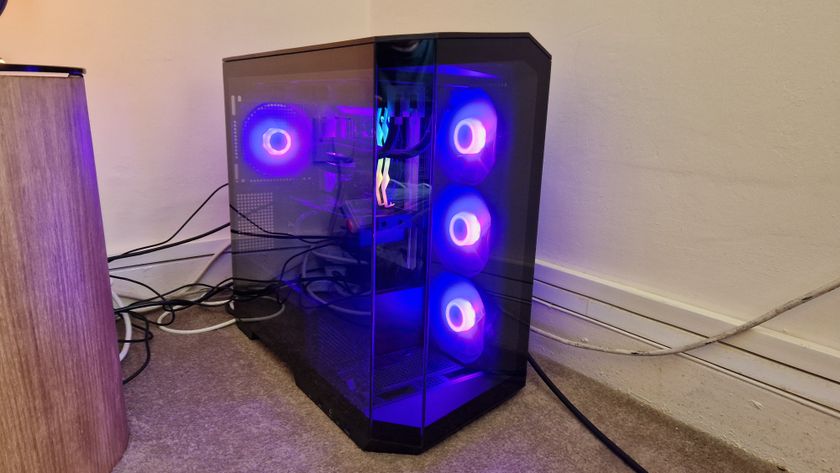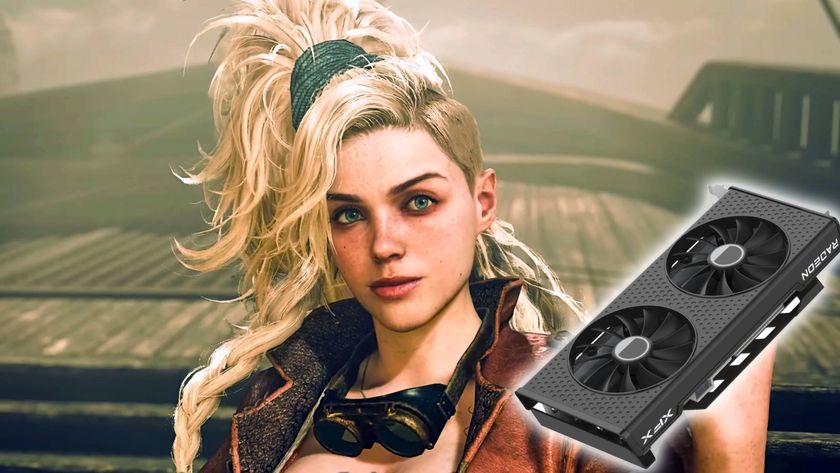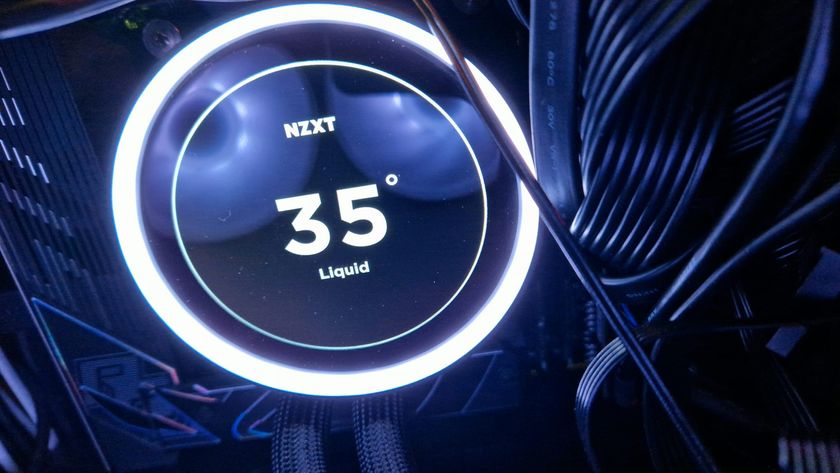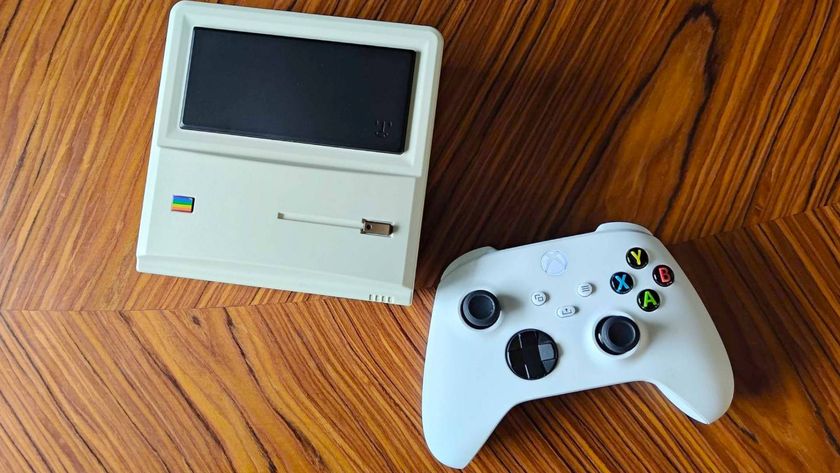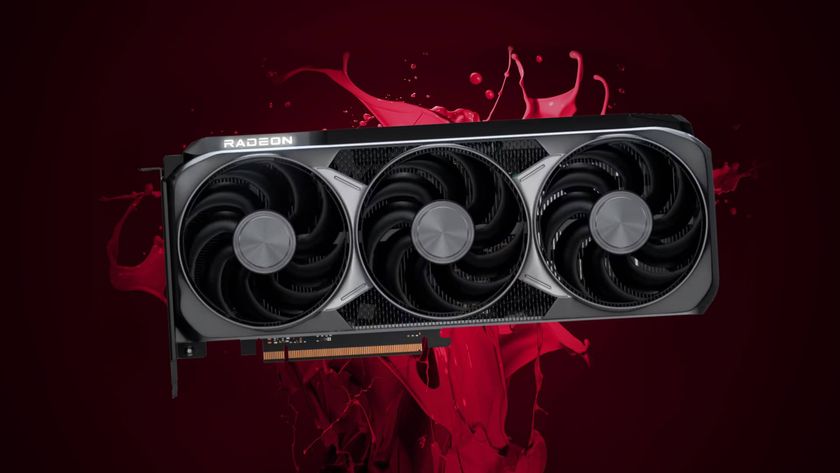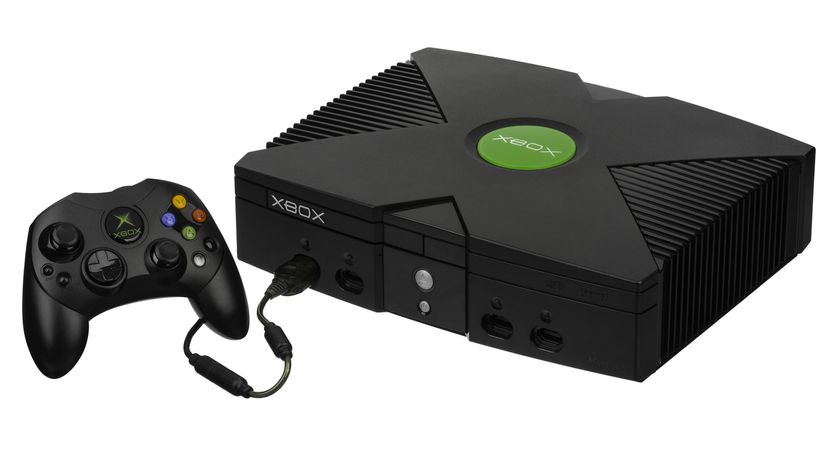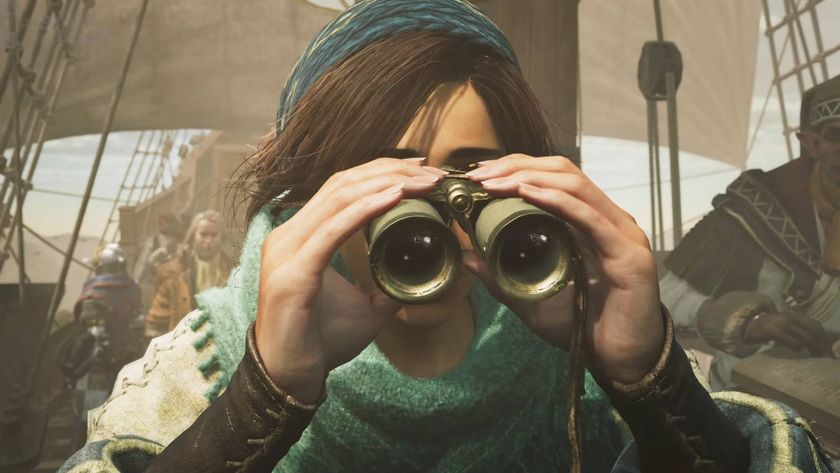The Nvidia GeForce RTX 5090 will officially burst onto the scene for a eye watering $1,999 this January
Don't worry, there's a $549 RTX 5070 coming that boast RTX 4090 performance (sort of)
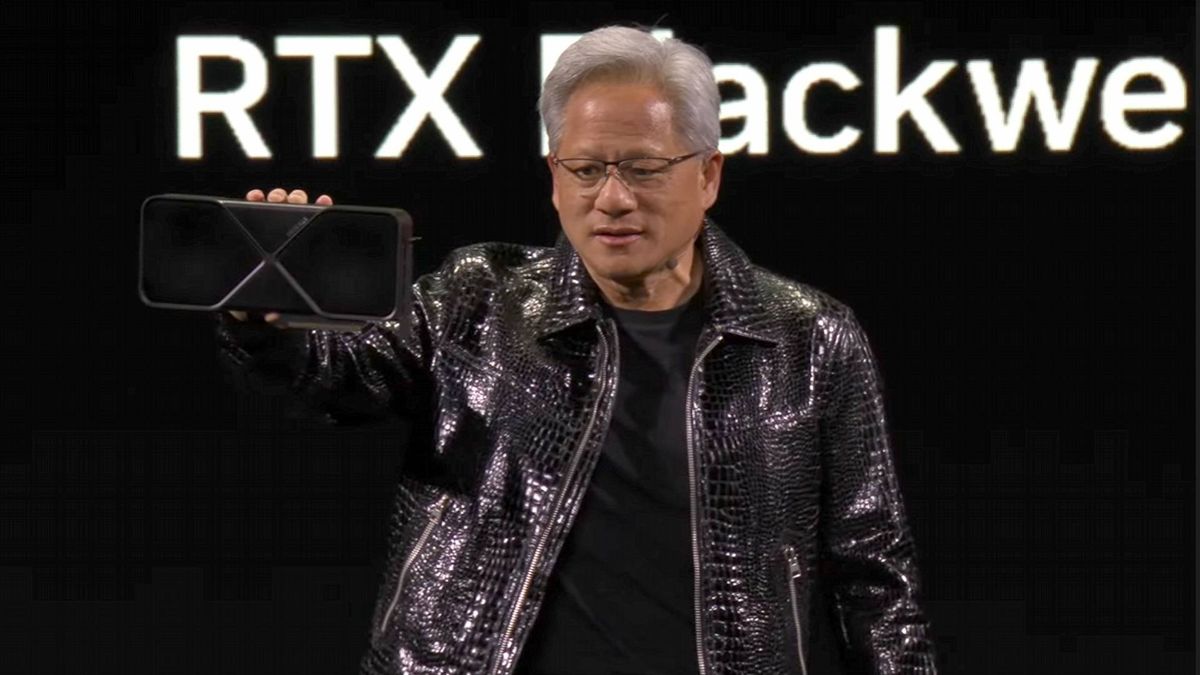
Nvidia has made the GeForce RTX 5090 official during its CES 2025 keynote, and the next-gen graphics card will arrive on January 30 for $1,999. Naturally, it'll also be joined by sibling models like the RTX 5080 and RTX 5070, and while the latter would suit my personal budget, I know you're all waiting to hear more about the new GPU monarch.
- Looking for pre-orders? Here's where to buy the RTX 5090 when it lands
If, like me, you tuned into this year's CES event to hear more about the Nvidia GeForce RTX 5090, you also likely had to wait through a bunch of AI announcements. Perhaps that's your bag, but my objective was to learn about the new flagship's price and capabilities.
Now that we're at the other end of the keynote, we now know the RTX 5090 for $1,999 alongside the RTX 5080 for $999, RTX 5070 Ti for $749 and the RTX 5070 for $549 this January. I'll keep you posted when I have an exact date and specific specs for each card, but CEO Jensen was pretty hyped to reveal that the latter will provide RTX 4090 levels of performance.
If, like me, you tuned into this year's CES event to hear more about the Nvidia GeForce RTX 5090, you also likely had to wait through a bunch of AI announcements. Perhaps that's your bag, but my objective was to learn about the new flagship's price and capabilities.
Now that we're at the other end of the keynote, we now know the RTX 5090 for $1,999 alongside the RTX 5080 for $999, RTX 5070 Ti for $749 and the RTX 5070 for $549 this January. I'll keep you posted when I have an exact date and specific specs for each card, but CEO Jensen was pretty hyped to reveal that the latter will provide RTX 4090 levels of performance.
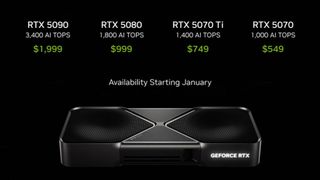
There's no getting round that the company is now hyper focused on AI, but it also plans on using the tech to completely "revolutionize GeForce." Clad in a black snakeskin jacket, Jensen did kick things off with a quick graphics card history lesson, covering everything from Virtua Fighter to the first gaming GPU that debuted in 1999 (the Nvidia GeForce 25).
By that, Jensen means that new graphics cards like the RTX Blackwell family will use new forms of AI upscaling like DLSS 4 to completely generate graphics from scratch. The green team boss says the tech can effectively "predict the future," which is a bit cheesy, but he means that Blackwell GPUs can create 33 million pixels using 2 million. As you can imagine, that means a lot less native computational power is required thanks to really good graphical guess work.
Sign up to the 12DOVE Newsletter
Weekly digests, tales from the communities you love, and more
It's that same tech that allows cheaper cards like the upcoming RTX 5070 to apparently pull off Nvidia GeForce RTX 4090 levels of performance for a quarter of the price. I'm curious to know how much of that heavy lifting is linked to AI rather than native performance, and how quickly new version of DLSS will reach new games. Nevertheless, it's an impressive feat, and it it hammers home that the RTX 5090 will be absolutely monstrous.
Diving into DLSS 4
While we're talking about DLSS 4, Nvidia has uploaded a short demonstration of the tech to YouTube using Cyberpunk 2077. In the clip, the new AI upscaler can apparently boost frame rates in the shooter to 245fps at 4K. As someone who spends a lot of time in that game benchmarking specifically, that sounds absolutely wild, and the example even includes some textures I'd normally expect to see artifacts with, like a grid pattern on a coffee cup.
In a fresh blog post, Nvidia says "DLSS Ray Reconstruction, DLSS Super Resolution, and DLAA will now be powered by the graphics industry’s first real-time application of ‘transformers’, the same advanced architecture powering frontier AI models like ChatGPT, Flux, and Gemini. DLSS transformer models improve image quality with improved temporal stability, less ghosting, and higher detail in motion."
Simply put, cutting edge AI tech is going to be giving RTX 50-series cards extra juice, which explains how demanding romps like Cyberpunk 2077 can reach over 240fps using a Blackwell GPU.
The post also specifies that 75 DLSS games and apps will support DLSS 4 at launch, and you'll of course need a new Blackwell GPU. However, those same games will apparently get a Frame Generation boost on RTX 40-series cards, so that's a nice bonus for current-gen owners.
Naturally, I'll be looking to test out native performance as well as artificially enhanced benchmarks, but that'll all come in time with our review.
Right now, the keynote is still ongoing, and I'm still gathering up information of specs and specific release dates. I'll keep you all updated on that, but for know, just know that if you're looking to splash out on a new GPU, some serious powerhouses are coming this month.
This story is developing.
Looking for more components? Swing by the best CPU for gaming and best RAM for rig revamps.

I’ve been messing around with PCs, video game consoles, and tech since before I could speak. Don’t get me wrong, I kickstarted my relationship with technology by jamming a Hot Wheels double-decker bus into my parent’s VCR, but we all have to start somewhere. I even somehow managed to become a walking, talking buyer’s guide at my teenage supermarket job, which helped me accept my career fate. So, rather than try to realise my musician dreams, or see out my University degree, I started running my own retro pop culture site and writing about video games and tech for the likes of TechRadar, The Daily Star, and the BBC before eventually ending up with a job covering graphics card shenanigans at PCGamesN. Now, I’m your friendly neighbourhood Hardware Editor at GamesRadar, and it’s my job to make sure you can kick butt in all your favourite games using the best gaming hardware, whether you’re a sucker for handhelds like the Steam Deck and Nintendo Switch or a hardcore gaming PC enthusiast.
